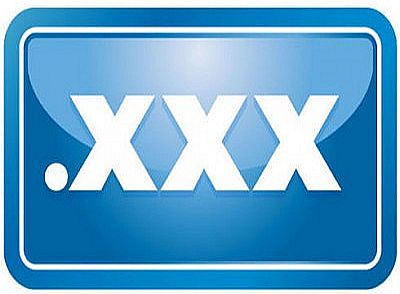ISPs and privacy groups have hit out at MPs’ calls for broadband companies to censor pornographic content on the Internet by default.
The plans have been labelled as “censorship” and would be easy to get around if they were implemented.
Education, Education, Education
 The independent parliamentary inquiry into child protection revealed its proposals yesterday, arguing that they would preserve consumer choice, while providing an additional content barrier to protect children.
The independent parliamentary inquiry into child protection revealed its proposals yesterday, arguing that they would preserve consumer choice, while providing an additional content barrier to protect children.
The inquiry added that there was no evidence that the model would add “substantial cost” or slow down access speeds and said that aimed to force broadband companies to introduce a workable system within 12 months.
The Internet Service Providers Association (ISPA) provided evidence to the inquiry but has criticised its findings arguing that education would be a much better solution
“Forcing ISPs to filter adult content at the network level, which users would then have to opt out of, is neither the most effective nor most appropriate way to prevent access to inappropriate material online,” said Nicholas Lansman, ISPA Secretary General. ““It is easy to circumvent, reduces the degree of active interest and parental mediation and has clear implications for freedom of speech. Instead parents should choose how they restrict access to content, be it on the device or network level with the tools provided.”
Censorship
“Government should concentrate on helping educate consumers to ensure they know about the tools already available to them to restrict unwanted content,” he added. “Additionally, the question arises of who decides what inappropriate material is and for whom and whether there is a guarantee that filtering will not be used for other content.”
The Open Rights Group has also voiced its concerns, suggesting that they are a form of censorship.
“These recommendations, if enacted, would endanger children, create disruption for small business, and would not work technically,” commented Jim Killock, executive Ddrector of the Open Rights Group. “Default filtering is a form of censorship. Adults should not have to “opt out” of censorship. Governments should not be given powers to default censor legal material that adults see online.”
“Parents need help, but ‘default blocking’ is an appalling proposal,” he said.
More harm than good
The UK Pirate Party has suggested that filters aren’t perfect and that parents will develop a false sense of security if they are implemented. It also believes that teenagers would find ways around them and students would be unable to view material on topics such as sexual health or biology. It adds that optional filters already exist and that “there is absolutely no need to regulate”.
“This is a terrible recommendation – because it’s the wrong approach to protecting children, because it adds unnecessary red tape where there is no market failure, and because it won’t work and in fact is likely to do more harm than good,” said Andrew Robinson, culture and media spokesperson for the Pirate Party UK.
The government first urged ISPs to take a more proactive role in policing the Internet in December 2010, suggesting an ‘opt-in’ system of protection, while BT, Sky, TalkTalk and Virgin said that they would begin offering customers an “active choice” at the point of purchase to block adult content.
TalkTalk announced in February that new customers would be unable to activate their broadband unless they chose what kinds of content should be blocked, a process which it says only takes five clicks.
What do you know about Internet security? Find out with our quiz!




